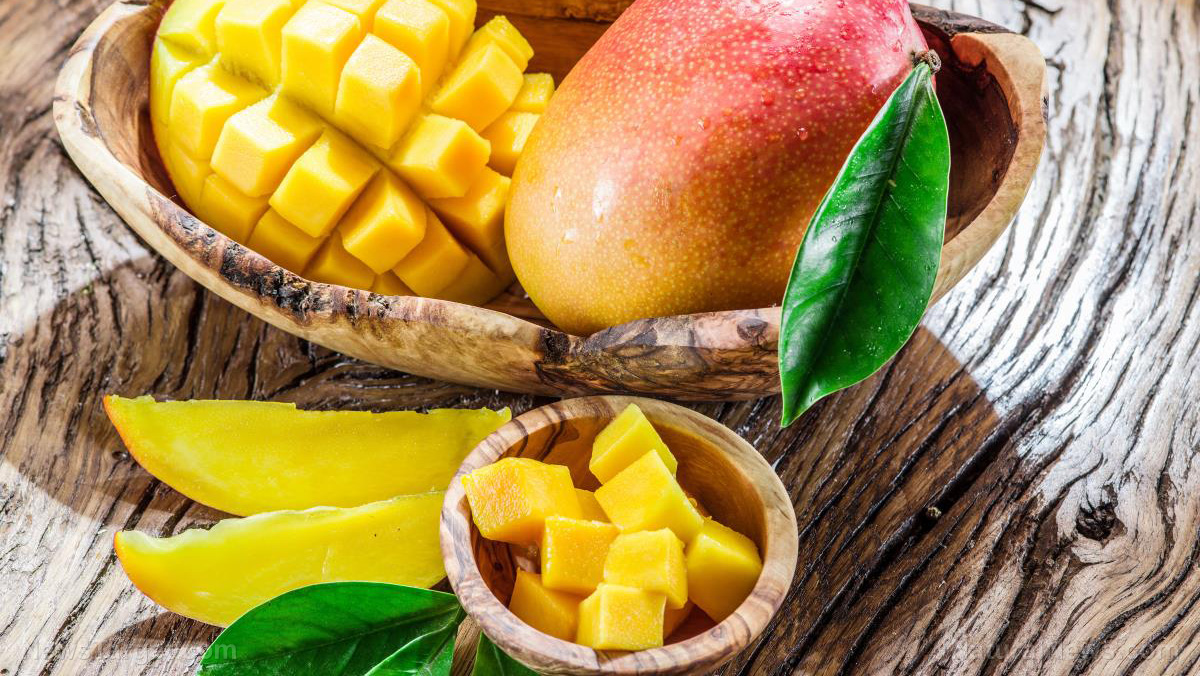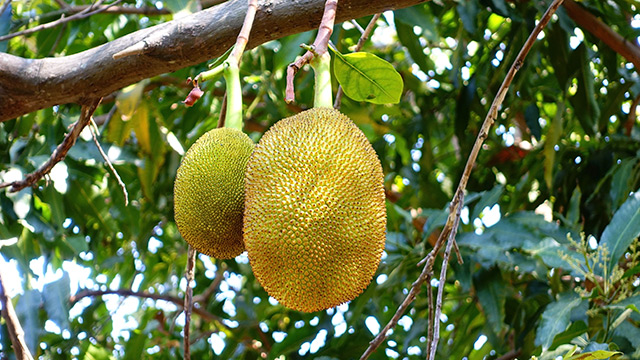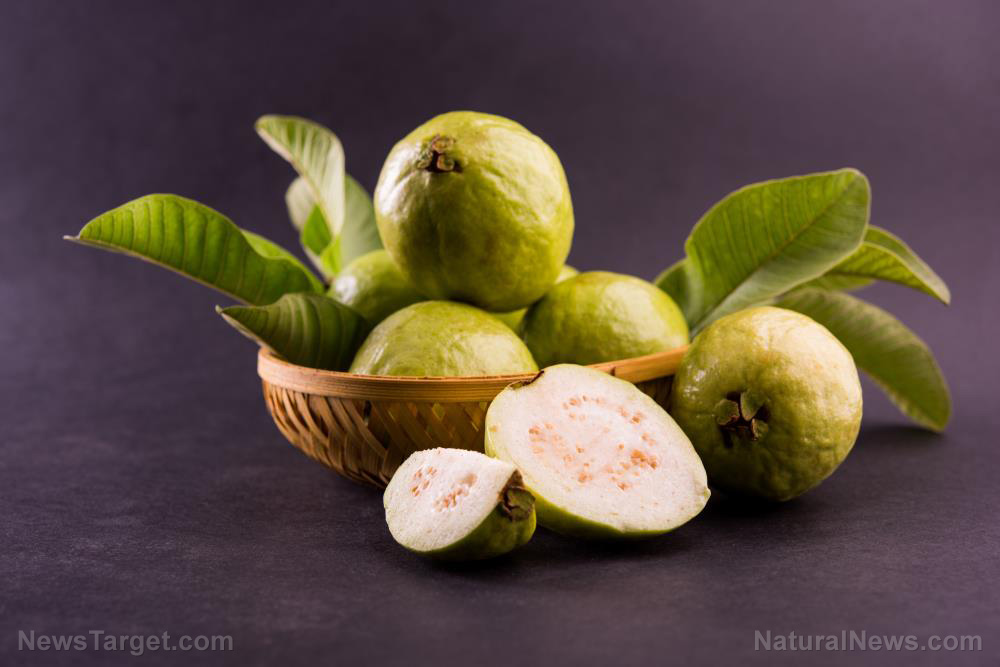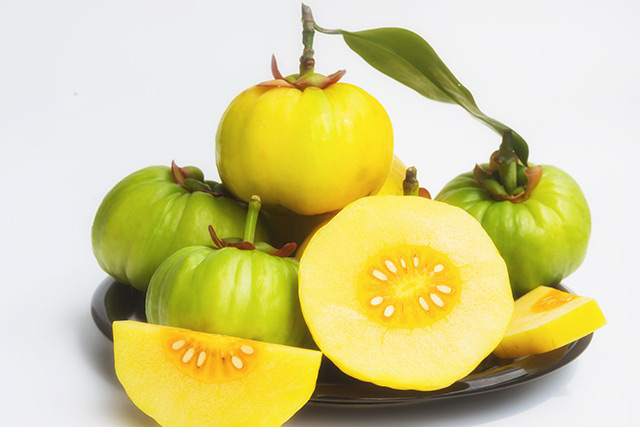From weeds to wellness: The hidden superfoods in your backyard
02/11/2025 / By Jacob Thomas
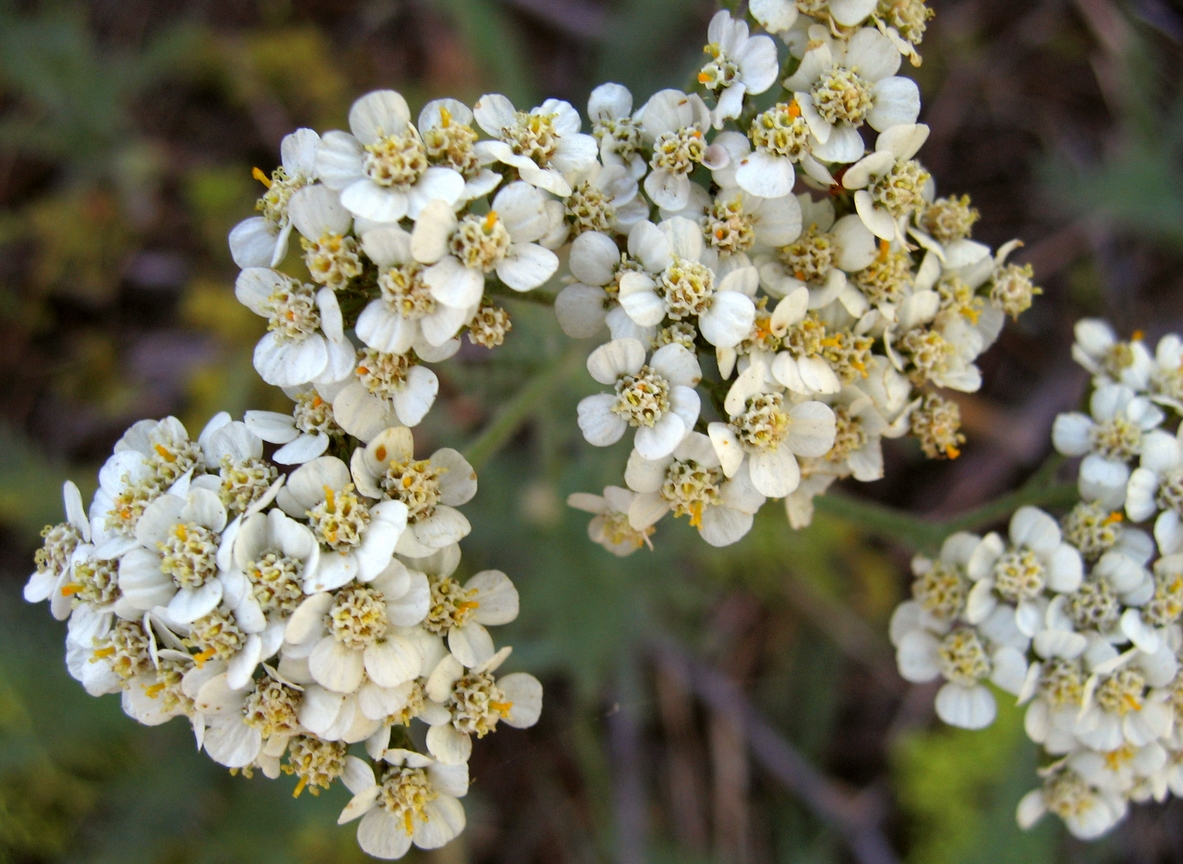
- Herbalist Kami McBride highlighted the nutritional and medicinal value of common plants like lamb’s quarters, yarrow and mallow, often dismissed as weeds. These plants are rich in protein, B vitamins and essential minerals, surpassing the nutrient content of many store-bought vegetables.
- McBride showcased lamb’s quarters as a protein-packed leafy green, perfect for sautéing or mixing with other greens. She emphasized its versatility and widespread availability, calling it a nutritional powerhouse.
- McBride also praised yarrow for its ability to stop bleeding, disinfect wounds and combat viruses and bacteria. She also recommended it as a tea to induce sweating during colds, despite its bitter taste.
- Often overlooked, mallow was revealed as a nutrient-dense plant that soothes the digestive tract. McBride introduced roses and lemon verbena as soothing herbs with cooling properties. She shared recipes for rose water and lemon verbena lemonade, emphasizing their ability to calm emotions and refresh the body.
- McBride and host Marjory Wildcraft encouraged listeners to identify, grow and connect with these plants, transforming gardens into pharmacies and kitchens into wellness hubs. The episode underscored the importance of embracing these natural resources for health and sustainability.
During the third episode of “Off Grid Survival Skills” by Marjory Wildcraft, streamed last Feb. 3 on Brighteon University, herbalist Kami McBride, author of “The Herbal Kitchen,” took listeners on a captivating herb walk, unveiling the nutritional and medicinal treasures of plants like lamb’s quarters, yarrow and mallow. These often-overlooked plants, dismissed as mere weeds, are not only edible but also packed with more nutrients than many store-bought vegetables.
“These plants are superfoods,” McBride emphasized, her enthusiasm palpable. “They’re high in protein, B vitamins and essential minerals. They’re growing right under our noses, and most people don’t even realize it.”
One standout in McBride’s herb walk was lamb’s quarters, a plant often mistaken for a weed. “This is quinoa’s wild cousin,” she explained, pointing to its dark green leaves and tiny black seeds. “It’s high in protein and B vitamins, and it’s one of my favorite leafy greens.” McBride shared her go-to recipe: sautéing the leaves and seed pods with scrambled eggs or mixing them with other greens like kale or chard. “It’s a powerhouse of nutrition, and it grows everywhere,” she said.
Another star of the walk was yarrow, a plant with a long history of medicinal use. “Yarrow is incredible,” McBride said. “It stops bleeding, disinfects wounds and is antiviral and antibacterial.” She demonstrated how to chew the leaves and apply them directly to cuts or scrapes for immediate relief. Beyond its first-aid applications, yarrow can also be brewed into a tea to induce sweating at the onset of a cold. “It’s bitter, but it’s powerful medicine,” she noted.
Mallow, often dismissed as a nuisance, was another highlight. “This plant is more nutritious than any vegetable in your refrigerator,” McBride said. Rich in mucilage, mallow soothes and heals the digestive tract, making it ideal for conditions like gastritis or ulcers. “You can eat it fresh in salads or dry the leaves and powder them for smoothies and soups,” she explained. “It’s a superfood that most people are pulling out of their gardens instead of eating.”
McBride also introduced listeners to the calming properties of roses and lemon verbena. “Rose petals are cooling and calming,” she said, describing how to make rose water or tea to soothe overheated emotions or inflamed skin. Lemon verbena, with its euphoric aroma, was another favorite. “It’s a crowd-pleasing herb,” she said, sharing her recipe for lemon verbena lemonade. “It’s calming, cooling and perfect for summer.”
These plants are not just weeds—they’re medicine, food and a way to reclaim your health
Throughout the interview, McBride emphasized the importance of accurate plant identification and encouraged listeners to grow these herbs themselves. “Get to know these plants,” she urged. “Watch them through the seasons, and you’ll develop a deeper connection to the natural world.” Wildcraft echoed McBride’s enthusiasm. “Kami’s knowledge is transformative,” she said. “These plants are not just weeds—they’re medicine, food and a way to reclaim our health.”
As the interview concluded, McBride left listeners with a simple yet profound message: “Instead of pulling these plants out, start eating them. Your body will thank you.” From lamb’s quarters to mallow, the backyard is brimming with untapped potential. By embracing these hidden superfoods, we can transform our gardens into pharmacies and our kitchens into wellness havens—one weed at a time.
If you want to learn more about the essential skills Wildcraft has gathered for you, purchase your copy of the “Off Grid Survival Skills” bundle here. You will get a copy of the videos from all 10 episodes, 29 life-saving video bonuses, 21 exclusive eBooks and and a physical copy of Wildcraft’s “The Grow Book System,” which will be delivered directly at your doorstep.
Sources include:
Submit a correction >>
Tagged Under:
Brighteon University, common weeds, emergency food, food freedom, food supply, green living, herbal remedies, Herbs, Kami McBride, mallow, Marjory Wildcraft, natural cures, natural health, natural medicine, off grid, preparedness, prepper, prepping, SHTF, survival, tips, Yarrow
This article may contain statements that reflect the opinion of the author




